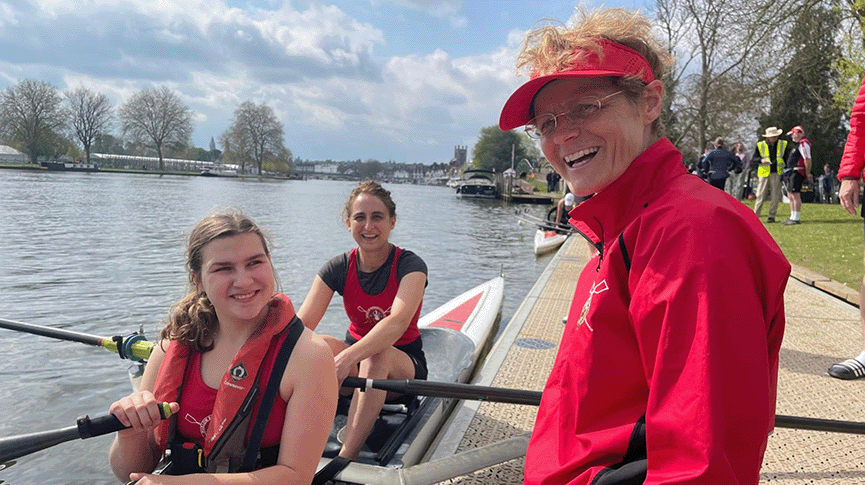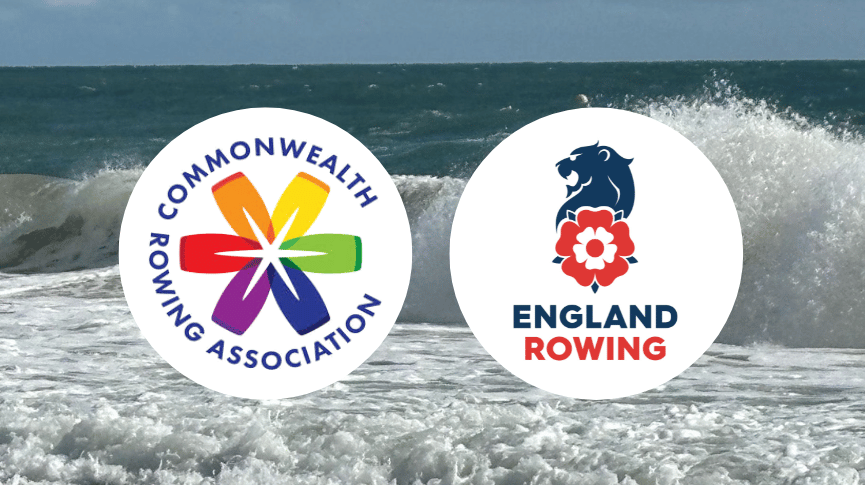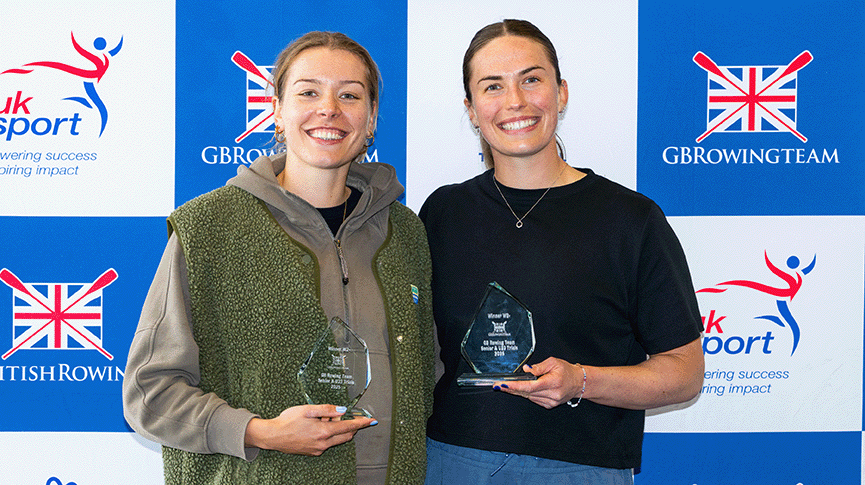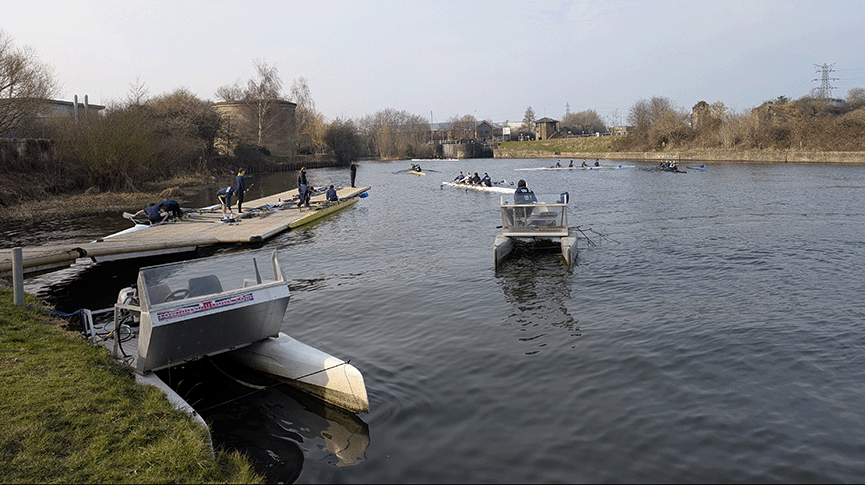Community Amateur Sports Club (CASC) Update – June 2015
Alan Meegan, British Rowing Facilities, has reviewed the latest guidelines which he summarises below.
Benefits to a CASC
The CASC status carries tax benefits including 80% mandatory rates relief, gift aid and corporation tax exemptions.
Current improvements include increases in corporation tax exemption thresholds from April 2015, the introduction of corporate gift aid for CASCs, and a relaxation of expenses and payments that can be provided to players.
Qualifying conditions for CASC will be more prescriptive from April 2015, and an example is that more record keeping will be necessary to comply with the new conditions, including those outlined below.
Corporation tax exemption thresholds for CASCs will rise to £50,000 per annum of gross trading income and £30,000 per annum of gross rental income from April 2015.
Benefit to a Corporate Donor
Companies can deduct a donation to a CASC from taxable profits for corporation tax purposes, so it will benefit from relief via a tax deduction. The CASC cannot obtain a tax rebate on this donation, unlike gift aid.
Incorporation
Under the new rules, CASCs will be able to check with HMRC that a newly incorporated company should be able to register as a CASC before the transfer of the club’s activities takes place.
New conditions include:-
A limit on membership costs, where membership fees and playing costs such as competition fees, do not exclude £520 per annum. Where exceeded, clubs must make provision for those who cannot afford £520.
A maximum of 50% of members can be non-participating. As there is a new definition of participation, clubs will need to consider this carefully, especially in respect of family members, parents, etc.
Taxable non-member income must not exceed £100,000. However, clubs can establish a trading subsidiary to provide the non-member activities if the above limit is exceeded. The profits from the subsidiary can be donated to the CASC under the new corporate gift aid relief (see above), without suffering corporation tax.
Clubs that are CASCs will need to review their circumstances and some may need to make changes if they wish to remain in the scheme.
Most clubs will be able to retain CASC status, but may leave the scheme during what is termed as a ‘year of grace’.
If the only reason for leaving is that they cannot make changes to comply with the new rules, and they can prove that they were fully compliant before April 2015, they can apply to HMRC to seek further advice and if appropriate, leave the scheme.
In this case, they should not be charged capital gains tax upon their exit from the scheme.
Note: HMRC will be writing to all CASC clubs explaining the situation and providing options. As we are already into the 12 month period of grace, clubs are advised to visit the website below and become conversant with the new rules outlined in the Guidance Notes.
Next Step
Clubs, whether CASCs or applicant clubs should follow the link to the new CASC Guidance Notes:-
https://www.gov.uk/government/news/changes-to-rules-for-community-amateur-sports-cascs
The Guidance Notes include General Notes, Corporation Tax, VAT Rules, Incorporation of CASCs into a Limited Company, Model Clauses, Multi-Sports Clubs, Seasonal Sports, etc.
Alan Meegan
British Rowing Facilities
May 2015







